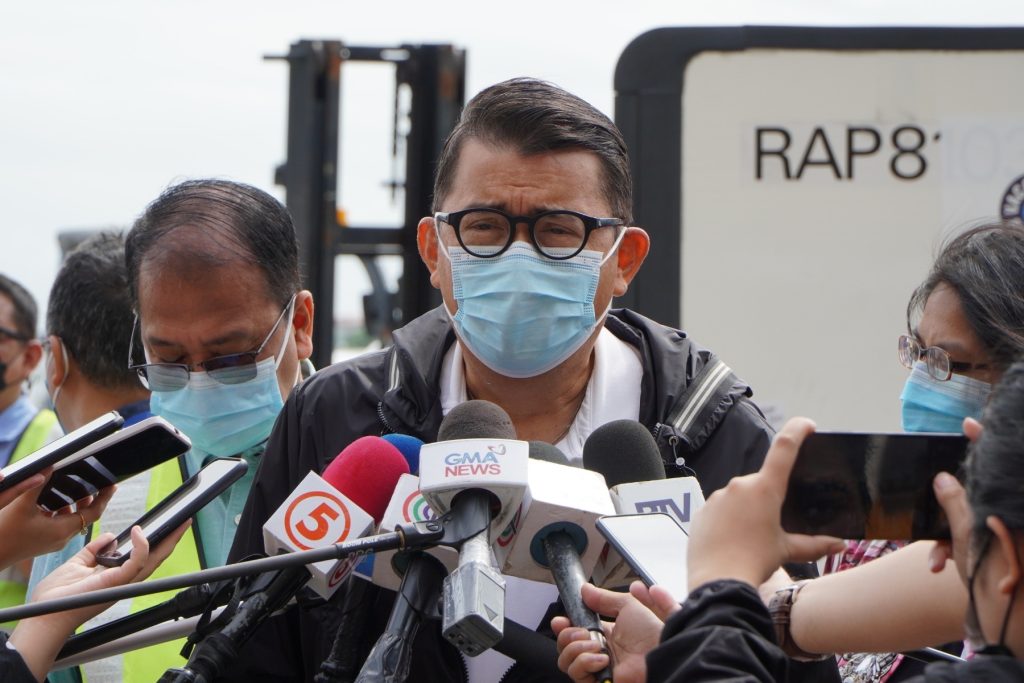
Mentors, Mentees and the 3M’s
July 21, 2022
Concepcion Welcomes President’s ‘No Lockdown’ Vows
July 27, 2022
Concepcion: PHP1.3 Billion in Expired Vax Are Private Sector Purchases Only
The Covid-19 vaccines that are expiring by end-July will cost the private sector more than Php1.3 billion. Go Negosyo founder Joey Concepcion said these are the losses incurred only by the private sector and do not yet reflect the vaccines it donated to the government.
“We donated AstraZeneca vaccines to the government,” he said. The expiring vaccines were acquired by the private sector through the tripartite agreement A Dose of Hope, which was formed in October 2020. Under the tripartite agreement, half of the vaccines acquired are shared with the government, who at that time was hindered by regulatory roadblocks that prevented the purchase of a treatment that was still awaiting FDA approval.
Each AstraZeneca jab is estimated to cost at least US$5 each, while Moderna shots were bought for US$26.83 for each dose. As of July 21, the total expiring vaccines in private sector warehouses are broken down as follows: AstraZeneca (623,680) and Moderna (864,700).
“We have to learn from this. I think what really contributed was the lack of clear rules on the vaccines: who is allowed to take the vaccines, and the ability of some bodies to move swiftly with science and the reality on the ground,” said Concepcion.
“The lack of urgency with some bodies is still affecting the whole vaccine rollout. This shouldn’t be the case as we move forward,” he said. Concepcion has been appealing for second boosters to be allowed for members of the workforce who are as young as 50 years old.
“The private sector has already proven that it is willing to get vaccinated. There is no need for mandates when it comes to the private sector,” he said, adding that while he agrees that first boosters must be the primary focus, the private sector must be allowed to use the vaccines it paid for.
“As our experts at ACE (Advisory Council of Experts) suggested, pandemic response should not be business-as-usual. We should consider the impact on the whole of society, the weight of the evidence coming from countries who have the studies and the data, the variants, and the challenges of rollout on the ground,” he said. Concepcion added that factors like the return of in-person classes and the vulnerability of the workforce should also be considered in vaccine deployment. Government units, he said, have to be attuned and should be part of the solutions moving forward.
Concepcion said that many countries around the world have already found that persons younger than 60 can benefit from second boosters, and suggested that the country follow the lead of those who have studied the merits of second boosters.
Second booster vaccinations using mRNA vaccines were allowed in the Philippines only in mid-May, two months after the US CDC updated its own guidelines to include even those as young as 50 years old.

2/F RFM Corporate Center, Pioneer cor. Sheridan Sts. Mandaluyong City, Metro Manila, Philippines

